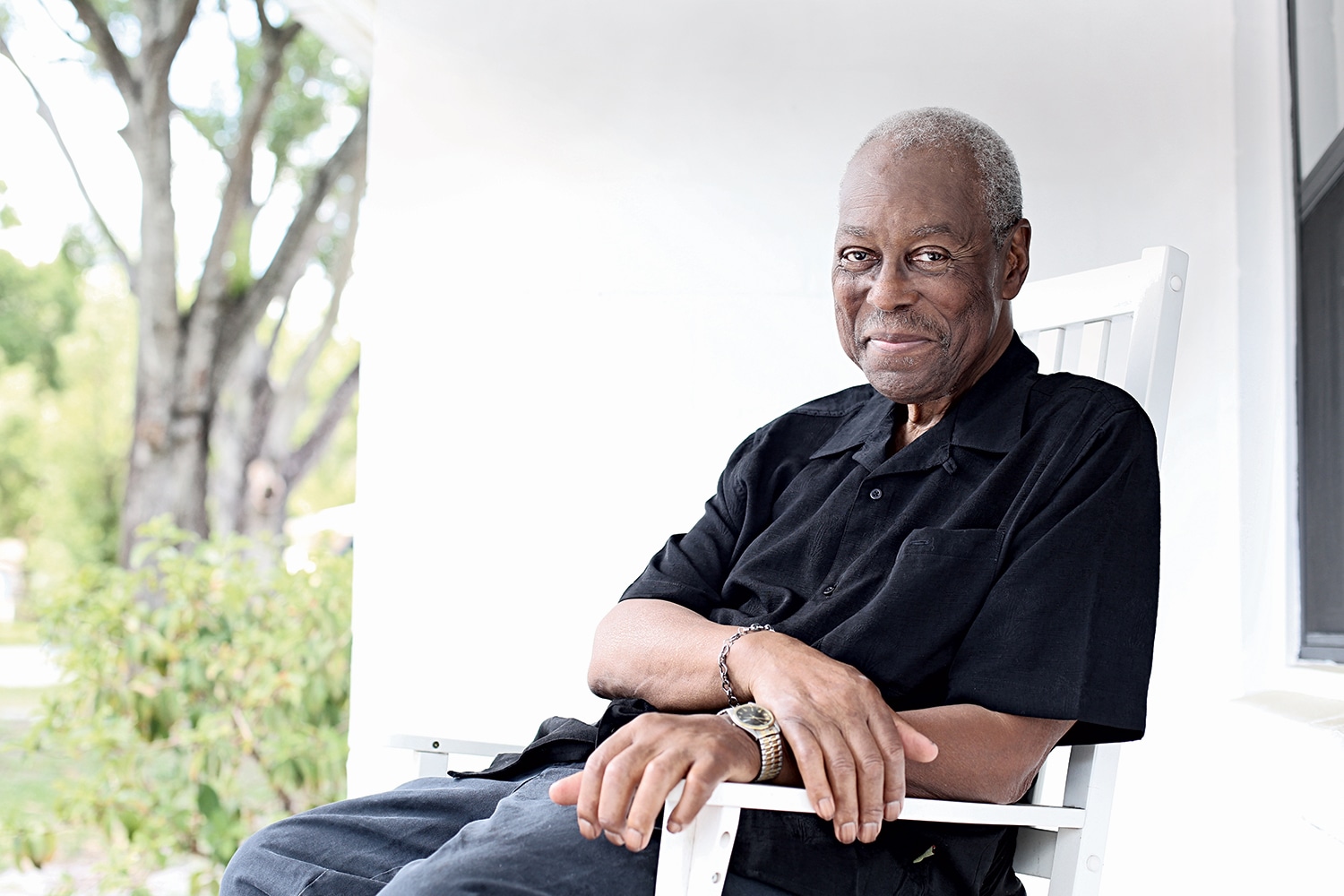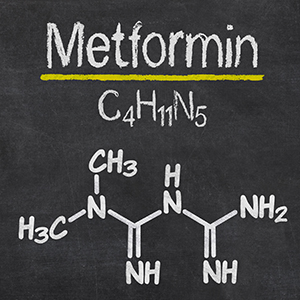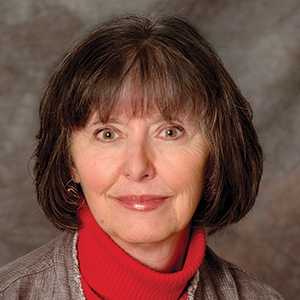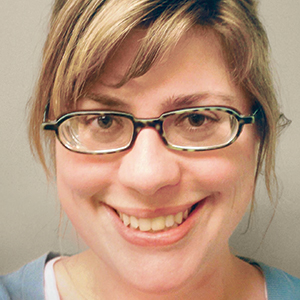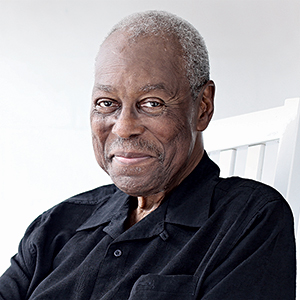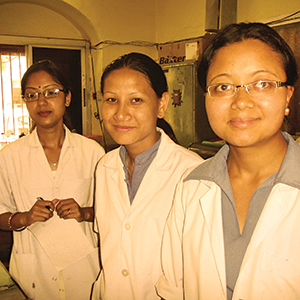Summer 2012 Vol. 02 Issue 02
-
Editor's Letter
Let’s TalkCancer patients and survivors are increasingly open and outspoken about cancer.
by Jessica Gorman
-
Your Cancer Guide
Choosing a Good Support GroupLook here for advice on finding the right group for you.
by Hester Hill Schnipper
-
Caregiving With Confidence
Relative DistanceCaregiving from afar? Consider these strategies to help support your loved one, and yourself.
by Amy Cunningham
-
Easing Cancer-related Pain
A patient's treatment regimen and quality of life often depend on effective pain management.
by Melissa Weber
-
The Family Cancer Tree
Accurate reporting of family histories could be key to risk reduction.
by Mitzi Baker
-
The Survival Gap
In the Nowhere Land between adult and pediatric cancer treatment, young adults face survival rates that have missed out on the gains seen by other age groups. Can new efforts help them improve their outcomes?
by Charlotte Huff
-
Survivor Profile
Spreading the WordAn African-American banking pioneer finds fulfillment in increasing prostate cancer awareness.
by Yvonne Lee
-
Yesterday & Today
A Touch of MagicElizabeth Montgomery led a bewitching life that was cut short by colorectal cancer in 1995.
by Sue Rochman
-
Q&A
Facing the CriticsRoger Ebert finds peace with his appearance following disfiguring cancer surgery.
by Ronni Gordon
-
Sound Advice
Your Questions, Our AnswersTalking about end of life care, learning about the long-term affects of treatment in pediatric cancer, and finding reliable information online.
-
Get Involved
One Young Survivor Helping AnotherA teen who survived cancer is raising money to help others.
by Yvonne Lee
-
In the Moment- Summer 2012
Evelyn Reyes, Sarah Dees, Greg Cantwell, Patrick Gavin.
-
Global Report
Opening a Window on CancerA cancer survivor travels to Nepal and discovers a dramatically different way to view the disease.
by Cynthia Ryan
Christine Ledbetter on the ways her husband’s prostate cancer affected their relationship and finding support as a caregiver.
by Christine Ledbetter
Continuing the ConversationThe AACR hosts a roundtable to ‘get real’ about cancer health disparities.
by Marci A. Landsmann
More Patients Participating in Cancer ResearchA higher proportion of cancer patients are enrolling in research studies than previously thought, but many patients lack the access needed to participate.
by Kyle Bagenstose
Immunotherapy Drug Tarlatamab Approved for Advanced Small Cell Lung CancerThe drug showed promise in treating small cell lung cancer that had progressed during or after chemotherapy.
by Laura Gesualdi-Gilmore

